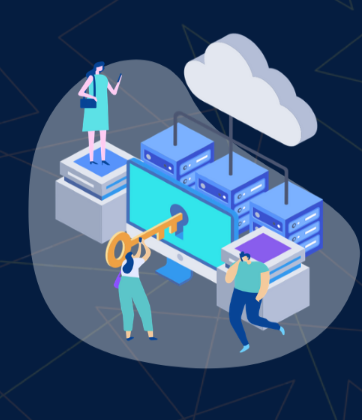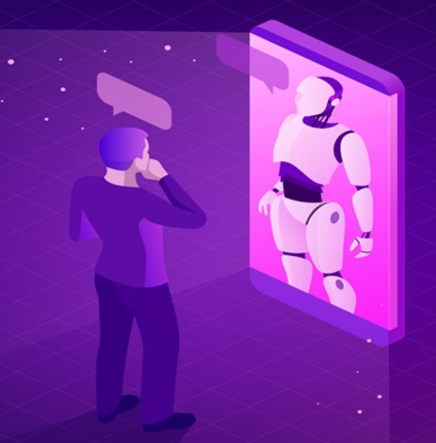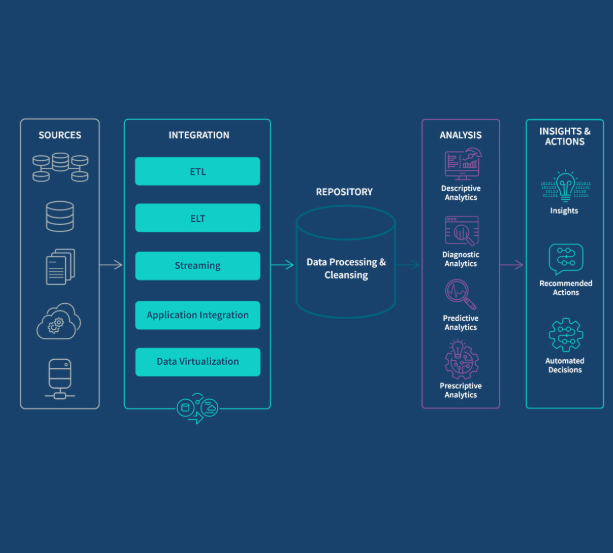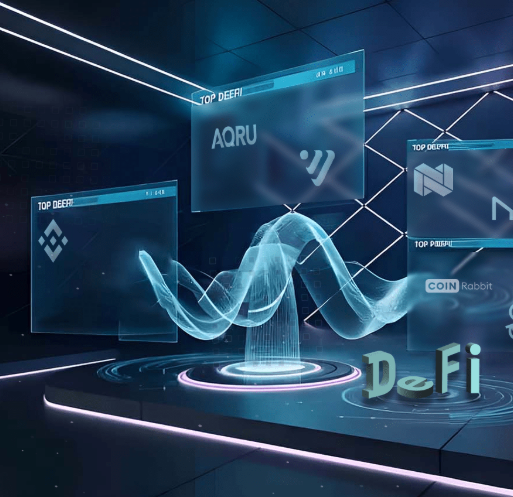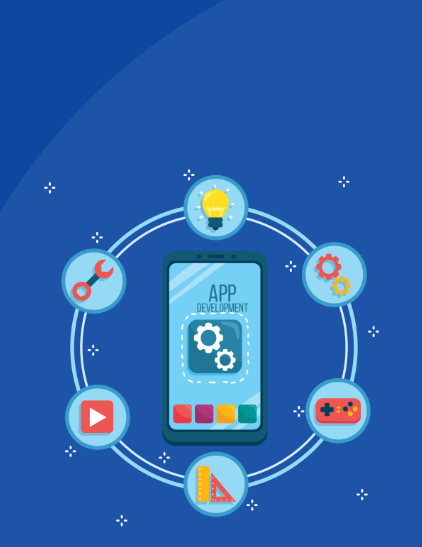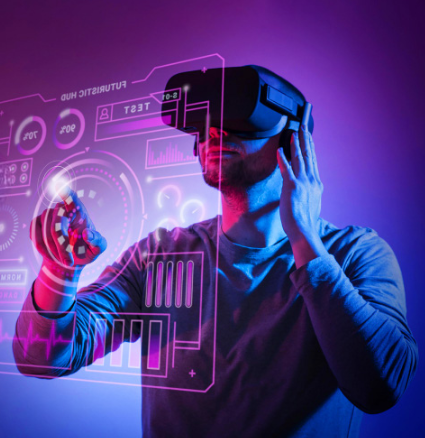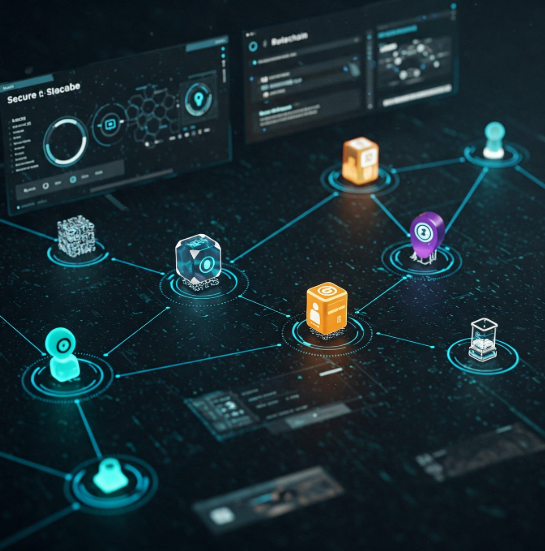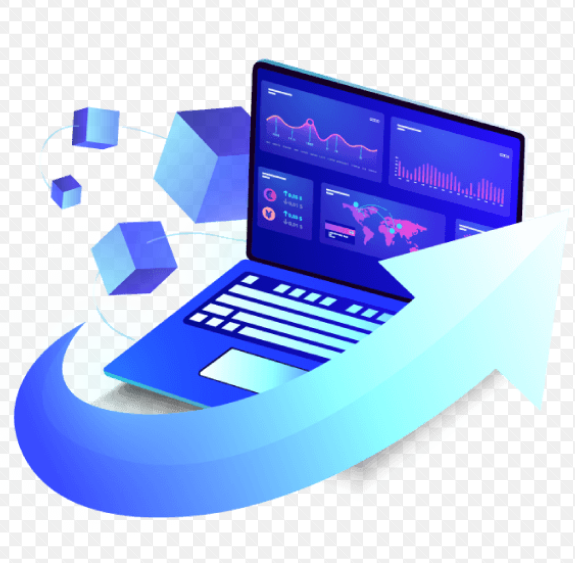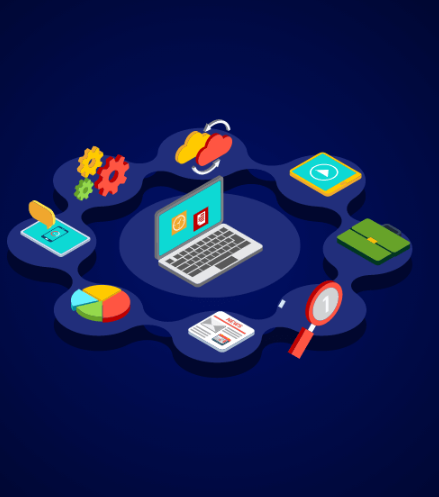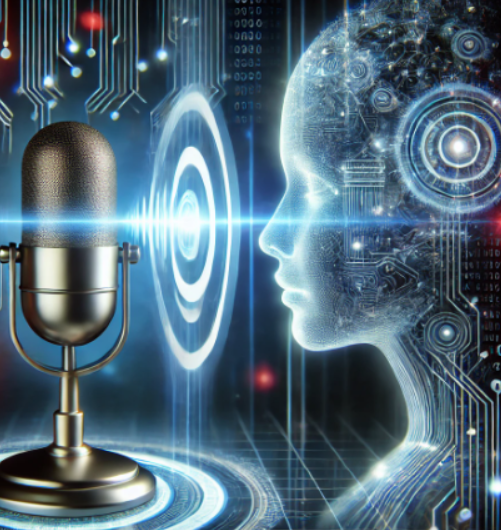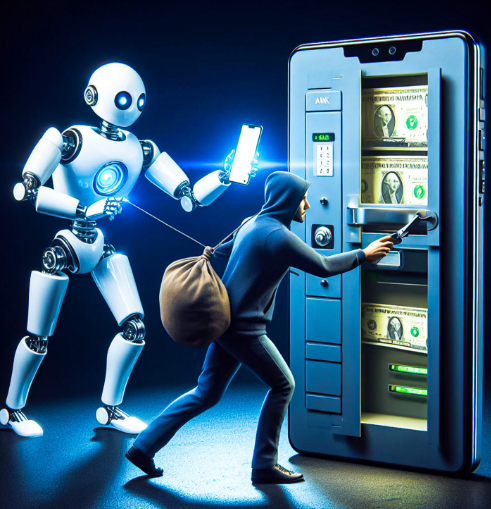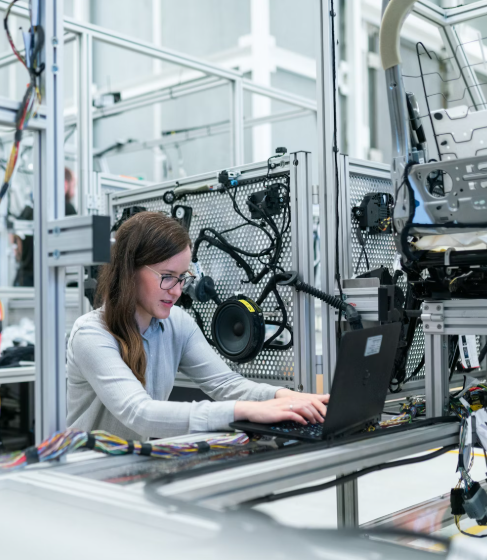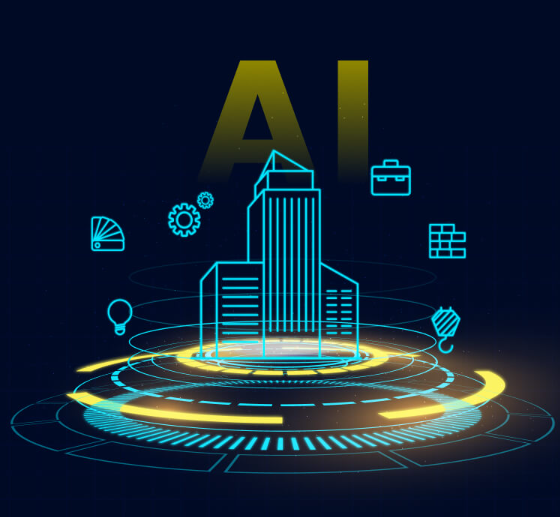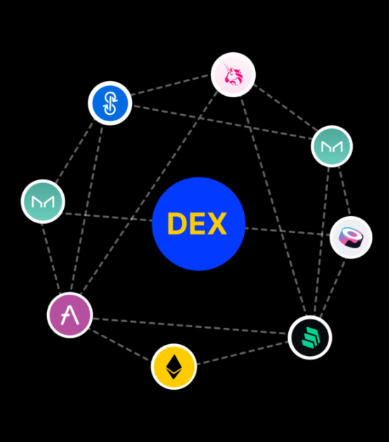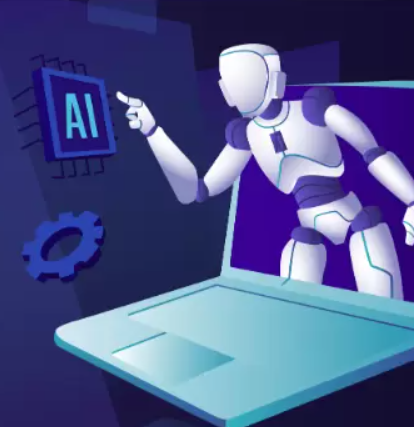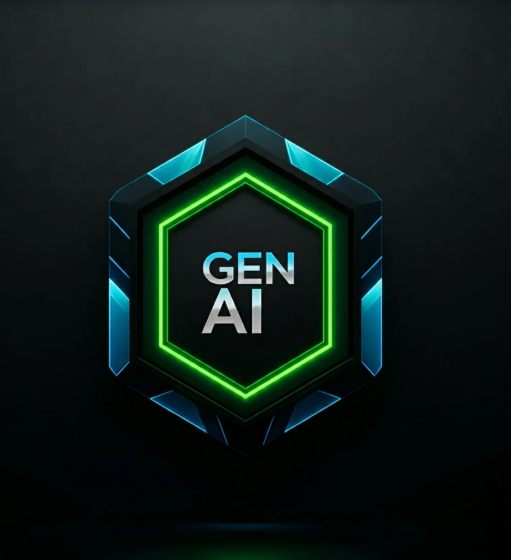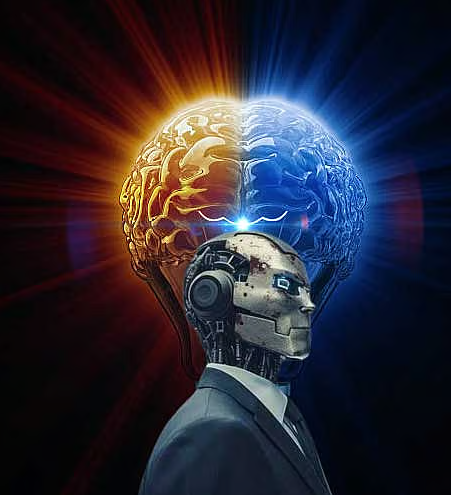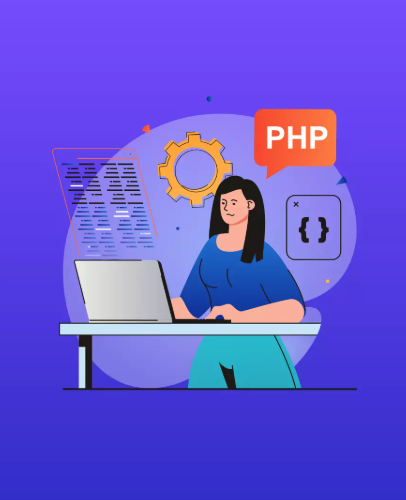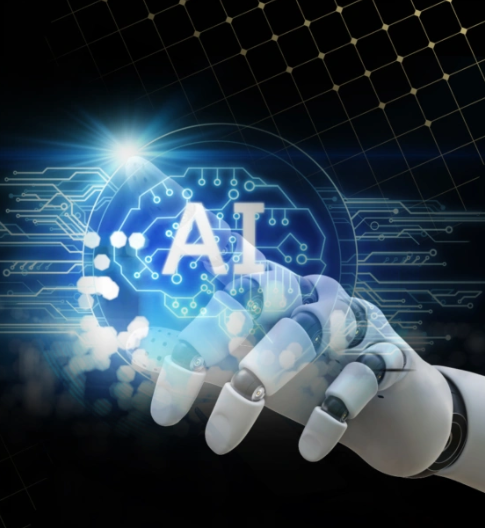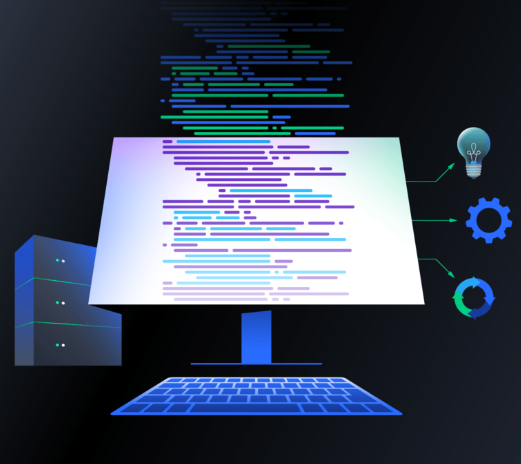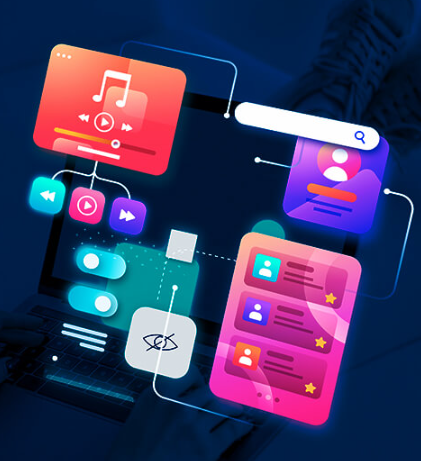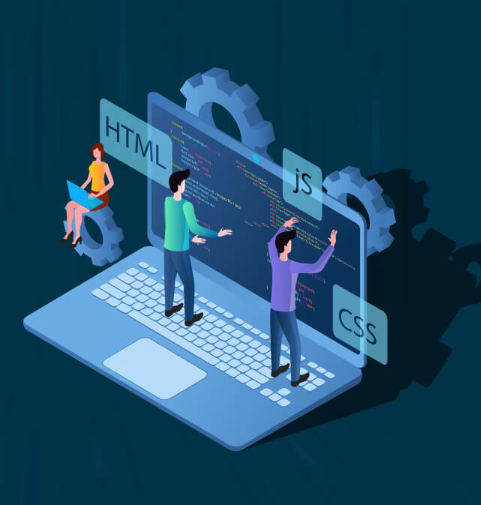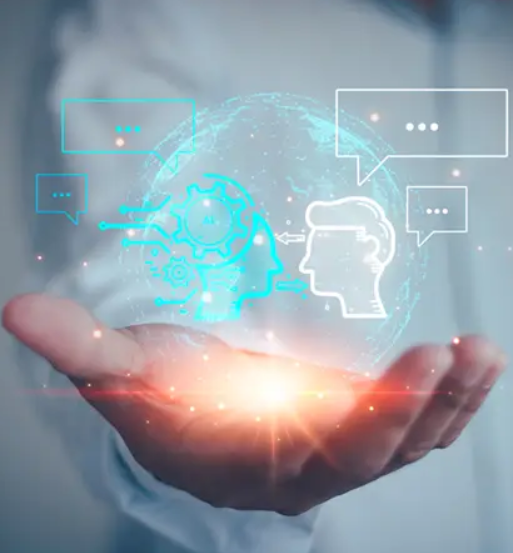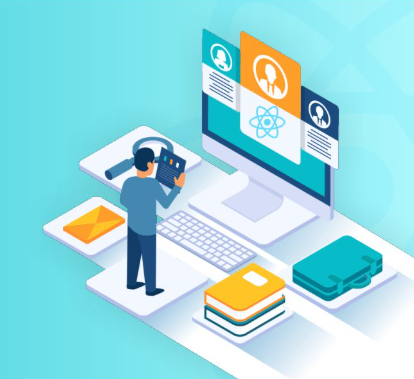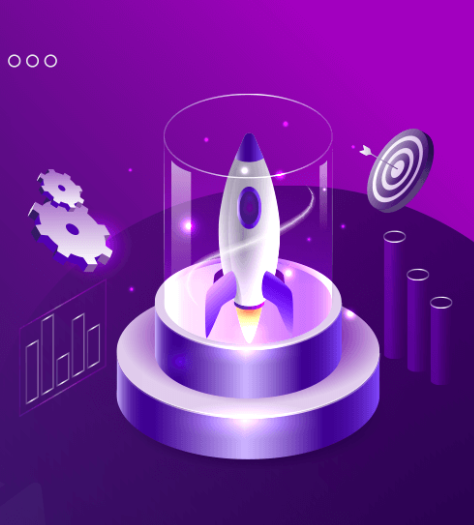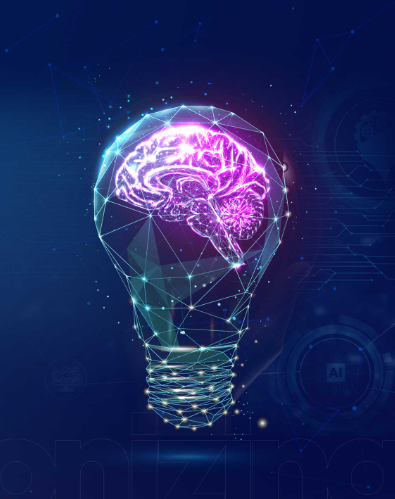
The business landscape is undergoing a dramatic transformation, and artificial intelligence (AI) sits at the heart of this change. No longer just a futuristic concept, AI has become an essential tool for companies looking to innovate faster, reduce costs, and deliver superior products. From ideation to post-launch optimization, AI-powered solutions are reshaping how businesses approach product development.
The Growing Role of AI in Product Innovation
AI encompasses technologies like machine learning (ML), natural language processing (NLP), and computer vision, which together enable smarter, more efficient product development. Unlike traditional methods, AI-driven approaches analyze vast amounts of data, uncover hidden patterns, and automate repetitive tasks—freeing teams to focus on creativity and strategy.
Advantages of AI in Product Development
1. Faster Development Cycles
AI accelerates prototyping, testing, and refinement, allowing businesses to bring products to market in record time. Automated design suggestions, code generation, and testing tools drastically cut down manual effort.
2. Smarter Decision-Making
By analyzing user behavior, market trends, and competitor activity, AI provides actionable insights that guide product strategy. This reduces guesswork and ensures features align with real customer needs.
3. Hyper-Personalization
Modern consumers expect tailored experiences. AI enables dynamic customization—whether in e-commerce recommendations, adaptive user interfaces, or predictive customer support—enhancing engagement and satisfaction.
4. Cost & Resource Efficiency
Automating QA, bug detection, and performance monitoring minimizes errors and rework, saving time and development expenses.
5. Continuous Improvement
AI-powered systems learn from user interactions, refining themselves over time without constant manual updates—ensuring products stay relevant and competitive.
AI Across the Product Lifecycle
Ideation & Research
AI analyzes market trends, customer sentiment, and competitor offerings to identify high-potential ideas while minimizing risk.
Design & Prototyping
Generative AI assists with wireframing, UX optimization, and even predicting usability issues before development begins.
Development
AI coding assistants speed up programming by suggesting optimized code, detecting errors early, and automating repetitive tasks.
Testing & QA
Automated AI-driven testing tools simulate thousands of user interactions, identifying performance bottlenecks and security vulnerabilities.
Post-Launch Optimization
Predictive analytics and AI chatbots enhance user support, while real-time feedback analysis drives iterative improvements.
Key AI Technologies Driving Innovation
- Machine Learning (ML) – Powers predictive analytics and adaptive learning models.
- Natural Language Processing (NLP) – Enables chatbots, sentiment analysis, and voice assistants.
- Computer Vision – Supports image recognition, AR/VR integrations, and quality control.
- Large Language Models (LLMs) – Facilitates AI copilots, automated documentation, and intelligent content generation.
When to Partner with AI Experts
While some companies explore AI in-house, collaborating with specialized AI development firms can provide:
✔ Strategic guidance on AI implementation
✔ Custom solutions tailored to industry needs
✔ Access to pre-trained models and frameworks
✔ Ongoing support for scaling and optimization
For businesses in sectors like healthcare, finance, or e-commerce, AI developers bring domain-specific expertise that ensures seamless integration and regulatory compliance.
Why Hiring AI Talent Matters in 2025
- Specialized Skills – AI developers understand the latest frameworks (TensorFlow, PyTorch) and model optimization techniques.
- Security & Compliance – They implement safeguards for data privacy and ethical AI usage.
- Future-Readiness – AI evolves rapidly, and skilled professionals ensure your product stays ahead of trends.
Ethical Considerations & Security
As AI adoption grows, responsible development is crucial. Businesses must prioritize:
✔ Transparency in AI-driven decisions
✔ Bias detection and mitigation
✔ Robust data protection measures
Industry-Specific Applications
- E-Commerce – Personalized shopping experiences, dynamic pricing, and AI-powered support.
- Healthcare – AI-assisted diagnostics, patient monitoring, and drug discovery.
- Finance – Fraud detection, algorithmic trading, and automated customer service.
- Manufacturing – Predictive maintenance, quality control, and supply chain optimization.
The Future of AI in Product Development
Emerging advancements include:
- AI Digital Twins – Virtual product simulations for real-world testing.
- Autonomous Self-Learning Systems – Products that evolve independently based on user interactions.
- Next-Level Personalization – AI that anticipates user needs before they arise.
Final Thoughts
AI is no longer optional—it’s a necessity for businesses aiming to compete in today’s fast-paced market. By leveraging AI throughout the product development lifecycle, companies can enhance efficiency, reduce risks, and deliver innovative solutions that resonate with customers.
For organizations ready to embrace AI, the key lies in strategic implementation, ethical considerations, and partnering with experts who can turn AI potential into real-world success. The future of product development is intelligent, adaptive, and driven by AI—now is the time to get on board.



